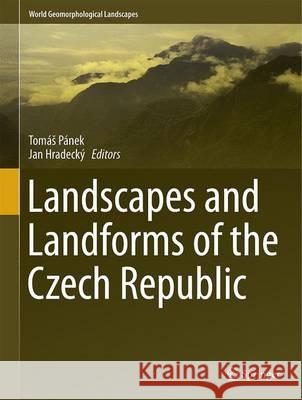Landscapes and Landforms of the Czech Republic » książka
topmenu
Landscapes and Landforms of the Czech Republic
ISBN-13: 9783319275369 / Angielski / Twarda / 2016 / 422 str.
Kategorie:
Kategorie BISAC:
Wydawca:
Springer
Seria wydawnicza:
Język:
Angielski
ISBN-13:
9783319275369
Rok wydania:
2016
Numer serii:
000467893
Ilość stron:
422
Waga:
1.21 kg
Wymiary:
28.9 x 22.0 x 2.3
Oprawa:
Twarda
Wolumenów:
01











